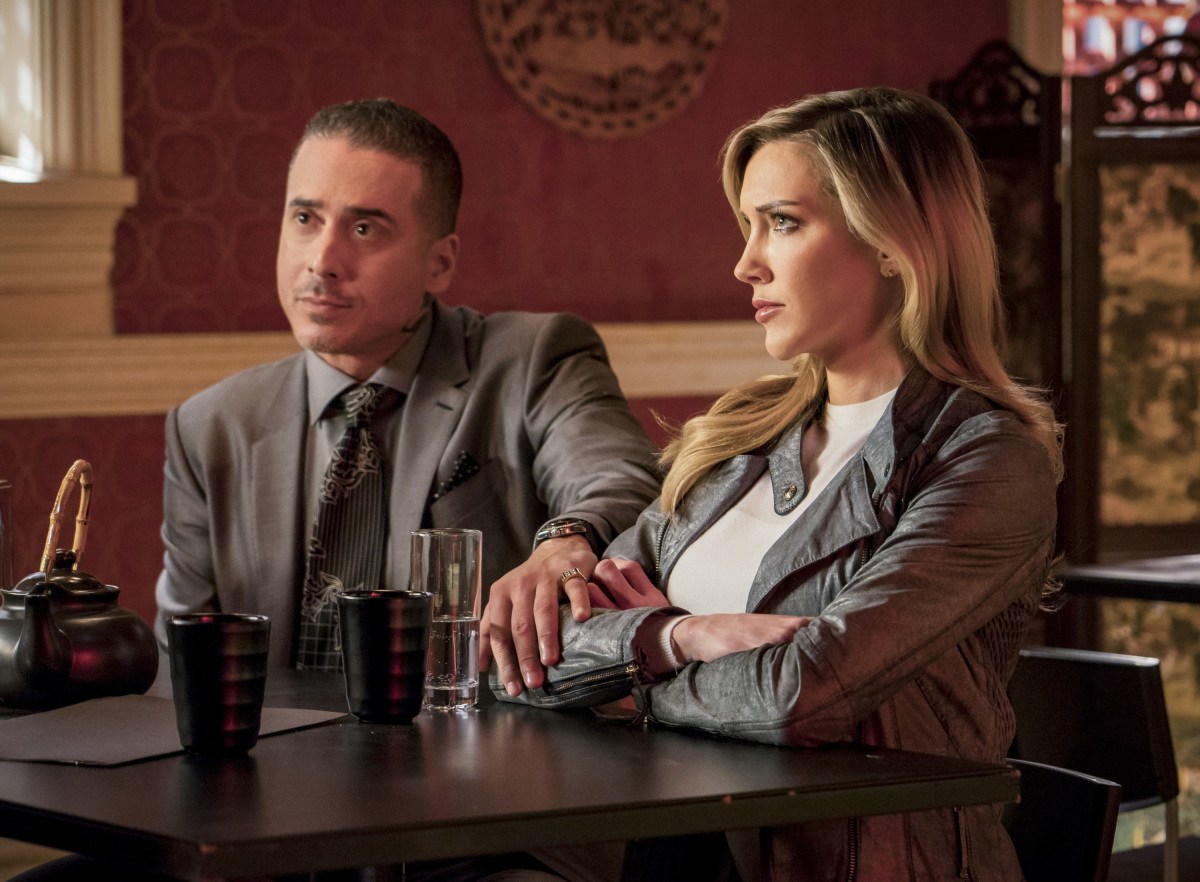The complexity of international affairs in today’s world is such that many people just give up on understanding it, which is a great mistake. Arguably such widespread cynicism, confusion and despair are as much a threat to our civilized way of life as any of the actions of governments around the world. Yet it’s easy to see why many people feel that it’s impossible to understand the subject.
Shifting allegiances

Unlike during the Cold War, or even in previous eras, there are no clear-cut sides to take in today’s political world. The age we are living through is not defined by the clash of two competing ideologies, but rather a delicate interplay of many different interests and outlooks, in which economic theories, religious beliefs and shifting allegiances all play a role.
In some ways the problem, paradoxically, may be that we are all more sophisticated. In the digital age we have so many different sources of information to choose from, and so many of them seem to contradict each other. In addition, we are increasingly aware that most news sources are biased in one direction or the other, and often only offer a limited representation of what is actually going on. So who should we believe? Who should we trust?
Trusted sources

The obvious answer would be to actively follow a number of news sources from across the political spectrum, including some from outside of your home country. You would also seek out primary sources as much as possible, which would mean listening to the voices of those who are closest to the action, whether they be politicians, generals or ordinary people living in the particular territory that is in the news (such as a war zone).
In practice this just isn’t possible for most people. The majority of us aren’t journalists or historians, we lead busy lives in other areas that just don’t give us the free time to seek out the stories behind the news in this way, much as we’d like to. The best we can usually do is to find the most trustworthy news source we can and to regularly follow that, reading the in-depth articles as well as the headlines.
We can, however, add to this by giving ourselves a solid background on foreign relations and affairs, through reading books, listening to podcasts or watching authoritative documentaries on this subject. Putin’s World: Russia Against The West And With The Rest by Angela Stent is a good place to start for anyone wanting to gain a greater understanding of foreign relations in today’s post-Cold War world.
The role of digital technology

Foreign relations are more complex and ambiguous than ever before thanks to digital communications technology. While the internet allows governments and their agencies to work together more easily than in earlier times, it also allows for greater levels of espionage, undermining, cyberwarfare and subtle propaganda that may not even be recognized as such. A solid grounding in foreign relations is therefore necessary for every individual to avoid being misled by unreliable online sources.
It is also vital for those working in professional organizations to understand these issues, as often businesses are targeted by untrustworthy actors alongside military or government bodies. In an age when sensitive data is routinely stored and transmitted using digital means, this data is vulnerable to interception, theft and tampering by cyber-espionage agents. Both “rogue states” and established super-powers have been known to use cyberwarfare tactics to obtain or alter information belonging to others.
Under attack
In many ways the digital landscape is the new territory of spy vs. spy, and the James Bond figures of today are more likely to be elite computer hackers carrying out their shadowy activities at an office desk than infiltrating physical locations in person to steal vital information. Sometimes though these agents use blunter methods, launching cyberattacks to disrupt or destroy the online resources of government, military or even private institutions. Electrical, telecommunications and healthcare infrastructure can also be at risk from such attacks. An awareness of the motivations and capabilities of different nations is an essential first line of defense against them.
The wide scope of the internet as a largely unregulated source of information, plus the degree to which we all take opinions expressed on social media to be a barometer of public feeling, also offer many opportunities to the foreign agent looking to destabilize a nation. We have all heard stories of Russian “bots” being used to influence the outcomes of elections and referendums in the US, Europe and the UK. It’s hard to know how true these stories are, but a strong personal understanding of foreign relations will help us to make up our own minds about the important issues and will give us a better chance of realizing when we are in danger of being manipulated by nefarious forces to their own ends.

